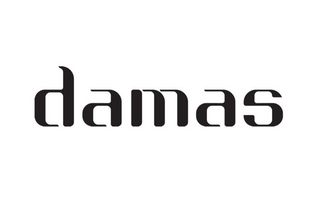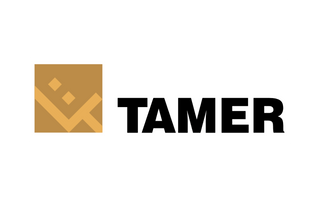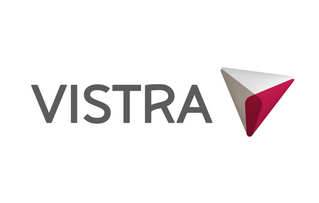
How Do Professional Courses Help in Career Development?
Success and career advancement in the fast-paced, constantly-evolving job market of today depend on ongoing education and professional development....
Read moreThe second lesson in the new Vulnerability Assessment and Penetration Testing (VAPT) Track created by EC-Council is CEH v11 Training. In light of recent developments in the realm of cybersecurity, EC-Council has added subjects and concepts to the most recent version. You gain knowledge of the most recent commercial hacking tools, techniques, and strategies through this course.
You will learn the most recent hacking tools, methods, and strategies used by hackers and information security experts to legally breach a business through CEH training.Prerequisites
Target Audience
Outcome of the Course
After completing the CEH v11 certification program successfully, you gain a general understanding of:
Module 01: Introduction to Ethical Hacking
Module 02: Footprinting and Reconnaissance
Module 03: Scanning Networks
Module 04: Enumeration
Module 05: Vulnerability Analysis
Module 06: System Hacking
Module 07: Malware Threats
Module 08: Sniffing
Module 09: Social Engineering
Module 10: Denial-of-Service
Module 11: Session Hijacking
Module 12: Evading IDS, Firewalls, and Honeypots
Module 13: Hacking Web Servers
Module 14: Hacking Web Applications
Module 15: SQL Injection
Module 16: Hacking Wireless Networks
Module 17: Hacking Mobile Platforms
Module 18: IoT and OT Hacking
Module 19: Cloud Computing
Module 20: Cryptography


























The CEH course teaches candidates to adopt defense by assaulting the systems, unlike other certifications that teach candidates about correct configuration, firewalls, or rather proactive security. As a result, this course emphasizes offensive strategies that are coordinated with defensive defenses. As a result, the applicants are given a comprehensive understanding of organizational security.
There are three different types of hacking:
Yes. With the right knowledge of the IT field, skills, and training, ethical hacking can be a lucrative career choice. Several reputed organizations are looking for ethical hackers as more and more individuals practice Black Hat hacking.
The emphasis of the training is on offensive hacking methodologies and tools. It is a course in advanced security, and we at MindCypress frequently update it to reflect the most recent advancements in the field, including new hacking methods, exploits, automated programs, and defensive suggestions made by the EC Council.
Success and career advancement in the fast-paced, constantly-evolving job market of today depend on ongoing education and professional development....
Read moreIntroduction: Identifying the training needs of your employees is one of the most important aspects of running a successful business. Having an und...
Read more
